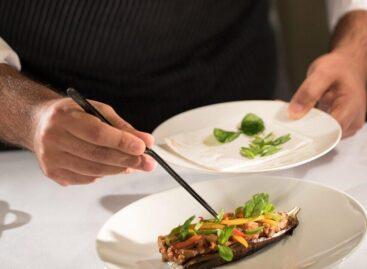Magazine: Tip and service fee
Károly Zerényi, a member of the body of representatives of the Guild of Hungarian Restaurateurs (MVI) has written a guide on the difference between a tip and a service fee, and the taxation matters related to these.

Tip is what a guest gives voluntarily if they are satisfied with the service, typically it is 10 percent of the bill. Service fee is charged based on a ministerial decree and forms part of the bill. It is very important that a tip isn’t subject to VAT if it isn’t put in the cash register.
Tips can be given four ways: 1. Cash tip given directly to the waiter – this qualifies as tax-free income. 2. Tip given in cash and collected separately – if the waiters don’t keep the cash but collect it in a box, and the owner distributes the sum among staff members at the end of the day – this isn’t considered tax-free income, it is treated as salary for which the employer must pay taxes and social contributions to the state. 3. Cash tip that ends up in the cash register of the service provider – this qualifies as the enterprise’s revenue, and payment to staff members from this sum is only possible as described in point 2 above; plus invoice-wise the tip in the cash register must be managed in compliance with section 67. § 2. of NGM decree 48/2013. (XI. 15.). 4. Tip given with bank card payment that ends up in the cash register of the service provider – a payment invoice is required in this case too, and if the sum is distributed among employees, it is considered as salary for which the employer must pay taxes and social contributions to the state.
Service fee: the owner of a place must pay staff members their share of the sum – with the taxes and social contributions deducted – once a month. How the service fee is distributed should be agreed on by the restaurant’s operator and the interest representing body of workers, and laid down in writing. //
Related news
Balaton caterers are planning a moderate price increase this season
Restaurants operating around Lake Balaton are raising their prices this…
Read more >Related news
MTÜ: HUF sixty million aid for the restoration of Hotel Silvanus
At the beginning of March, the top floor and roof…
Read more >







